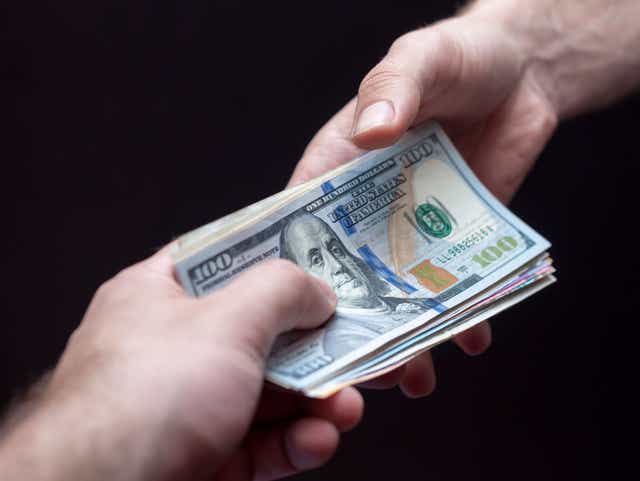Tattoos have become a popular form of self-expression, but there’s more to the process than just sitting in the chair and getting inked. If you’re planning to get a tattoo, it’s important to understand how tattoo deposits work. This article will guide you through the system of tattoo deposits and why they are beneficial for both the tattoo studio and the client.
Table of Contents
ToggleThe Usual System
Most tattoo shops operate on a system that requires a one-time deposit to secure the artist’s time. The deposit is a non-refundable fee that covers the artist’s effort and basic costs, such as materials needed for the tattoo. The amount of the deposit varies based on the reputation of the artist or studio.
The purpose of the deposit is to ensure that the client is committed to their tattoo idea and to compensate the artist for their time and resources if the client backs out. Additionally, the deposit covers any changes the client may make to their tattoo design during the development process. It is calculated based on the hours spent on designing the tattoo and serves as an opportunity cost for the artist.
When Should the Deposit Be Paid?
The deposit should be paid when you book your appointment. This allows the artist to start designing your tattoo, or if you haven’t already designed it, to create a custom design for you. While some tattoo studios may allow you to pay for large tattoos in installments, the one-time deposit must be paid upfront to confirm your interest.
Can I Get the Deposit Back?
If you fail to show up for your appointment, you will not receive a refund for the deposit. However, some tattoo studios have specific cancellation policies. For example, if you cancel your appointment within a certain timeframe, such as 48 hours, you may be eligible for a partial or full refund of the deposit.
Why Should I Pay a Deposit?
Paying a deposit serves as proof that you are genuinely interested in getting a tattoo. It helps tattoo studios operate efficiently by allocating the necessary time and attention to each client. Whether it’s college students who struggle to gather the funds or adults concerned about the perception of tattoos in a professional setting, deposits ensure that only serious clients proceed with their tattoo plans.
Moreover, deposits play a significant role in the financial stability of tattoo studios. The amount charged for the deposit does not solely cover the income at stake if a client doesn’t show up. However, it allows the studio to continue operations, even when faced with non-responsive customers. This minor transaction has a considerable impact on the long-term financials and stability of the tattoo parlor.
Frequently Asked Questions
Q: When should I pay the tattoo deposit?
A: The deposit should be paid when you book your appointment, allowing the artist to begin designing your tattoo.
Q: Can I get a refund for the deposit if I cancel my appointment?
A: Refund policies vary among tattoo studios. Some may offer partial or full refunds if you cancel within a specific timeframe, while others have non-refundable deposit policies.
Q: Why should I pay a deposit for a tattoo?
A: Deposits ensure that only serious clients proceed with their tattoo plans and help tattoo studios maintain operational efficiency.
Conclusion
Understanding how tattoo deposits work is essential for anyone planning to get a tattoo. Deposits benefit both the tattoo studio and the client by ensuring commitment, compensating the artist’s time and resources, and contributing to the financial stability of tattoo parlors. So, when you’re ready to get inked, remember that paying a deposit is a win-win situation for everyone involved.
For more information on tattooing and TKTX Numbing Cream products, visit the TKTX Numbing Cream Store.






